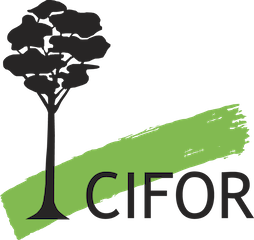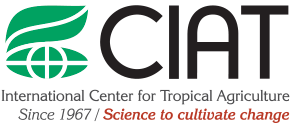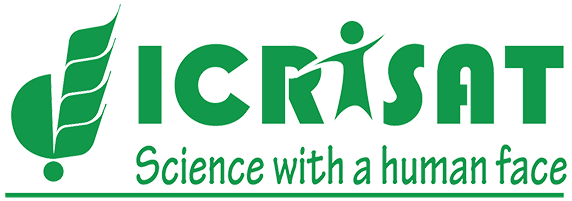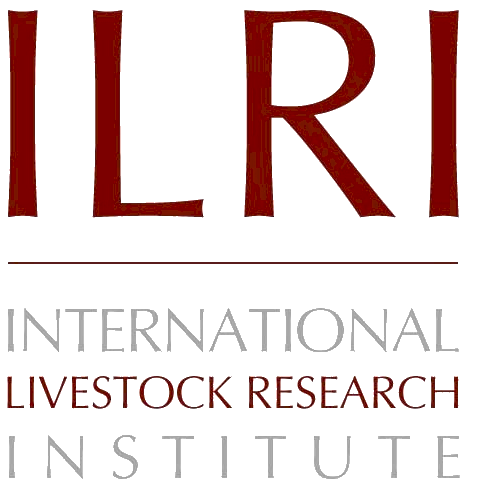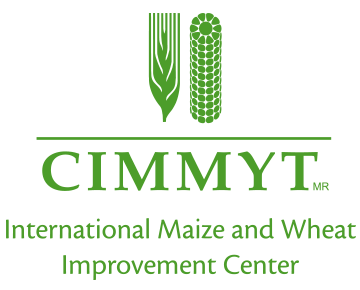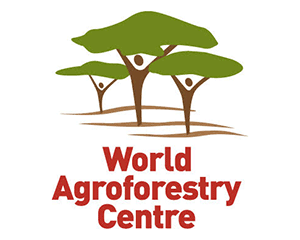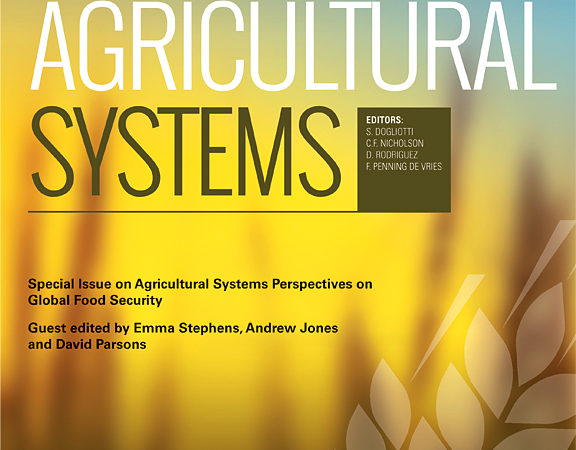
Trade-offs between livelihood and environmental outcomes due to agricultural intensification in sub-Saharan Africa are uncertain. The present study measured yield, economic performance and nitrous oxide (N2O) emissions in African indigenous vegetable (AIV) production to investigate the optimal nutrient management strategies. In order to achieve this, an on-farm experiment with four treatments – (1) 40 kg N/ha diammonium phosphate (DAP), (2) 10 t/ha cattle manure, (3) 20 kg N/ha DAP and 5 t/ha cattle manure and (4) a no-N input control – was performed for two seasons. Yields and N2O emissions were directly measured with subsampling and static chambers/gas chromatography, respectively. Economic outcomes were estimated from semi-structured interviews (N = 12). Trade-offs were quantified by calculating N2O emissions intensity (N2OI) and N2O emissions economic intensity (N2OEI). The results indicate that, DAP alone resulted at least 14% greater yields, gross margin and returns to labour in absolute terms but had the highest emissions (p = 0.003). Productivity-climate trade-offs, expressed as N2OI, were statistically similar for DAP and mixed treatments. However, N2OEI was minimized under mixed management (p = 0.0004) while maintaining productivity and gross margins. We therefore conclude that soil fertility management strategies that mix inorganic and organic source present a pathway to sustainable intensification in AIV production. Future studies of GHG emissions in crop production need to consider not only productivity but economic performance when considering trade-offs.

